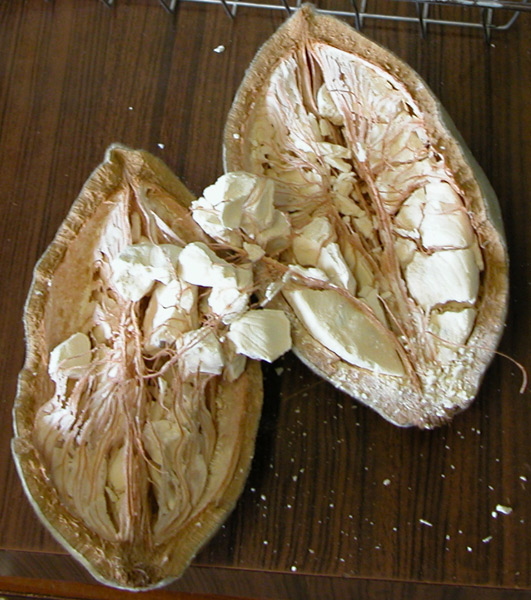
By George Munene
Over 800 farmers in Ganze constituency, Kilifi County are unlocking and benefiting from mabuyu/baobab tree’s great potential by adding value to its fruit, using it to make cooking and cosmetic oils as well as baking flour.
The Sh5 million United Nations Development Programme (UNDP) funded project has helped them acquire a specialised machine that sorts out the fruit’s powder from its seed. It further processes them separately adding value to each one.
The project process over 700 kilograms of mibuyu daily.
“The seeds are pressed to make bath oils, skin oils, massage oils, and skin lotions. We use the powder in making jams, juices, ice cream sobres and chilli sauces,” explained a project member.
Previously, the community only used mibuyu powder as a source of food and its leaves as a stew dish as well as a mosquito repellent.
However, the project which is run in Kaya Kauma forest faces a hinderance in its scaling up as mibuyu trees take up to 50 years to begin fruiting. Due to unchecked logging only 100 baobabs remain in the sacred forest.
Related News: Baobab among first orphaned crops to undergo genetic mapping
Related News: Soaring demand for bixa by local hotels excites coastal farmers
“Kenyan agriculture research institutions need to invest in developing faster maturing mabuyu trees which will be a big help for our community as the tree has two harvesting seasons,”said a Ganze resident.
Mibuyu trees are largely grown in Kenya’s Indian Ocean coastal strip. They are often sites for prayer and carrying out traditional rites amongst the Mijikenda.
















Comments powered by CComment